When autism and law enforcement meet
Recent articles
Why autism training for police isn’t enough
Inconsistent and underfunded training programs may hurt more than they help, experts say.

Why autism training for police isn’t enough
Inconsistent and underfunded training programs may hurt more than they help, experts say.
Autism behind bars
Prisons are often ill-equipped to handle autistic inmates, who are at risk for mental health problems and abuse.

Autism behind bars
Prisons are often ill-equipped to handle autistic inmates, who are at risk for mental health problems and abuse.
Model program could divert some 911 calls from police to mental health professionals
Denver, Colorado, is one of at least eight cities considering an Oregon program to decriminalize and improve the treatment of people with severe mental illness -- while saving the city money.
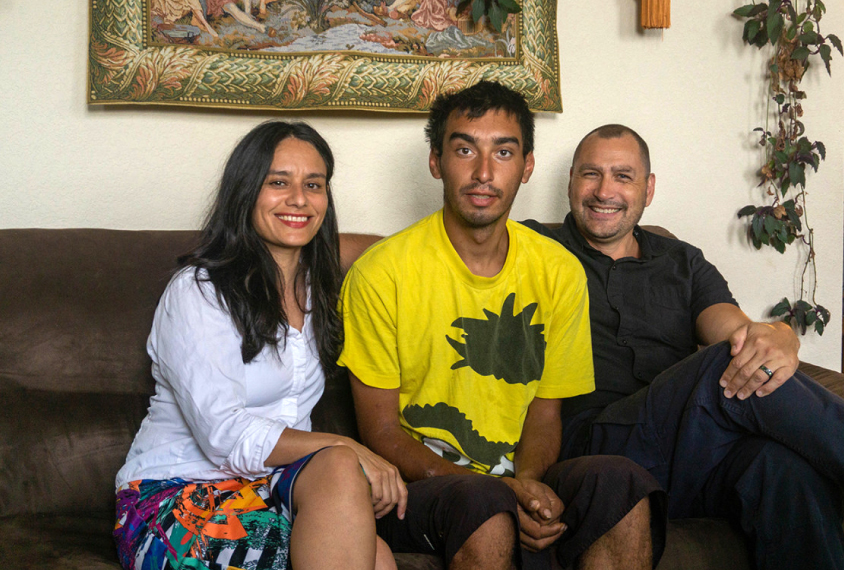
Model program could divert some 911 calls from police to mental health professionals
Denver, Colorado, is one of at least eight cities considering an Oregon program to decriminalize and improve the treatment of people with severe mental illness -- while saving the city money.
When autistic people commit sexual crimes
Many first-time sex offenders on the spectrum may not understand the laws they break. How should their crimes be treated?
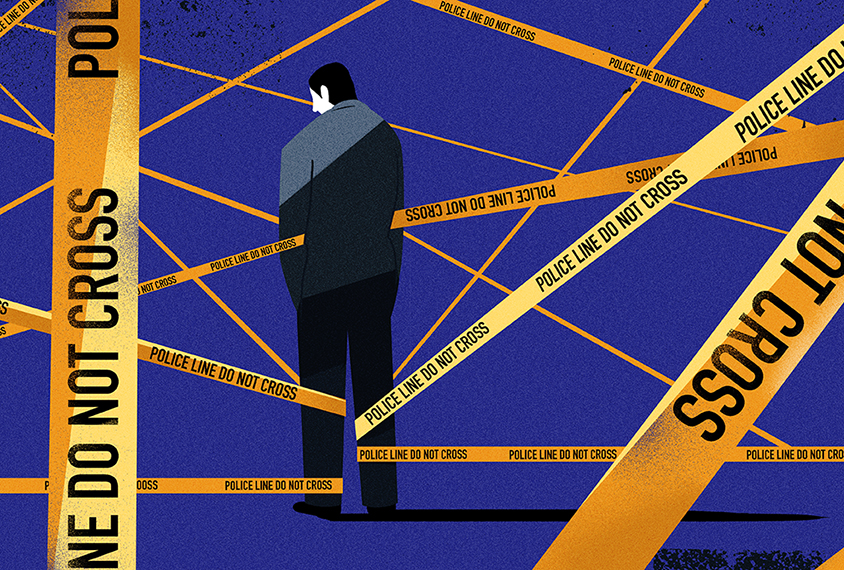
When autistic people commit sexual crimes
Many first-time sex offenders on the spectrum may not understand the laws they break. How should their crimes be treated?
Why police need training to interact with people on the spectrum
Encounters between law enforcement and people with autism often go wrong, but some police departments are beginning to train their officers.
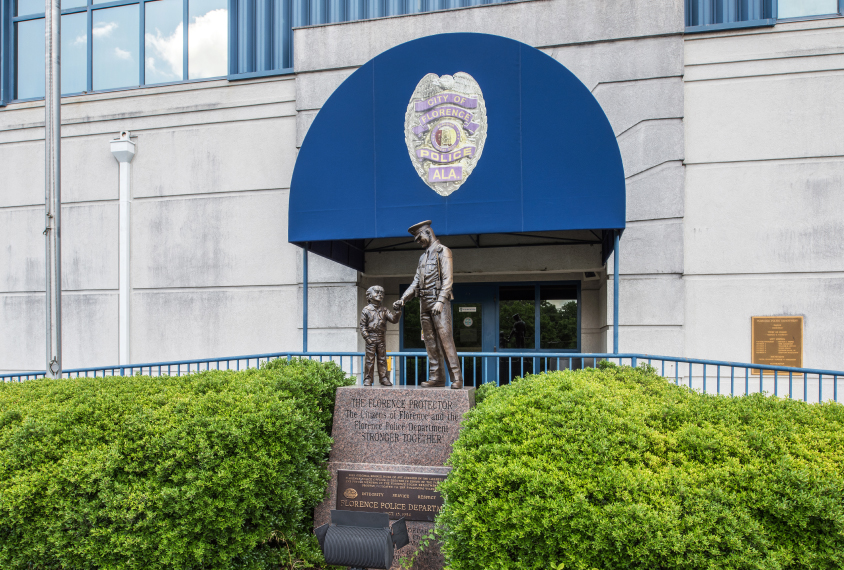
Why police need training to interact with people on the spectrum
Encounters between law enforcement and people with autism often go wrong, but some police departments are beginning to train their officers.
Training first responders to recognize autism may avert tragedies
A lack of training for first responders, combined with the communication difficulties of people with autism, can create dangerous misunderstandings.

Training first responders to recognize autism may avert tragedies
A lack of training for first responders, combined with the communication difficulties of people with autism, can create dangerous misunderstandings.
For teens with autism, behavioral issues boost risk of police run-ins
Young people with autism who have psychiatric problems may stand a ninefold greater chance of having an encounter with the police than do others on the spectrum.

For teens with autism, behavioral issues boost risk of police run-ins
Young people with autism who have psychiatric problems may stand a ninefold greater chance of having an encounter with the police than do others on the spectrum.
Down by law
A new study finds that Dutch children picked up by the police for minor offenses score higher than controls on a questionnaire measuring traits of autism.

Down by law
A new study finds that Dutch children picked up by the police for minor offenses score higher than controls on a questionnaire measuring traits of autism.
Explore more from The Transmitter
Null and Noteworthy: Learning theory validated 20 years later
The first published paper from the EEGManyLabs replication project nullifies a null result that had complicated a famous reinforcement learning theory.
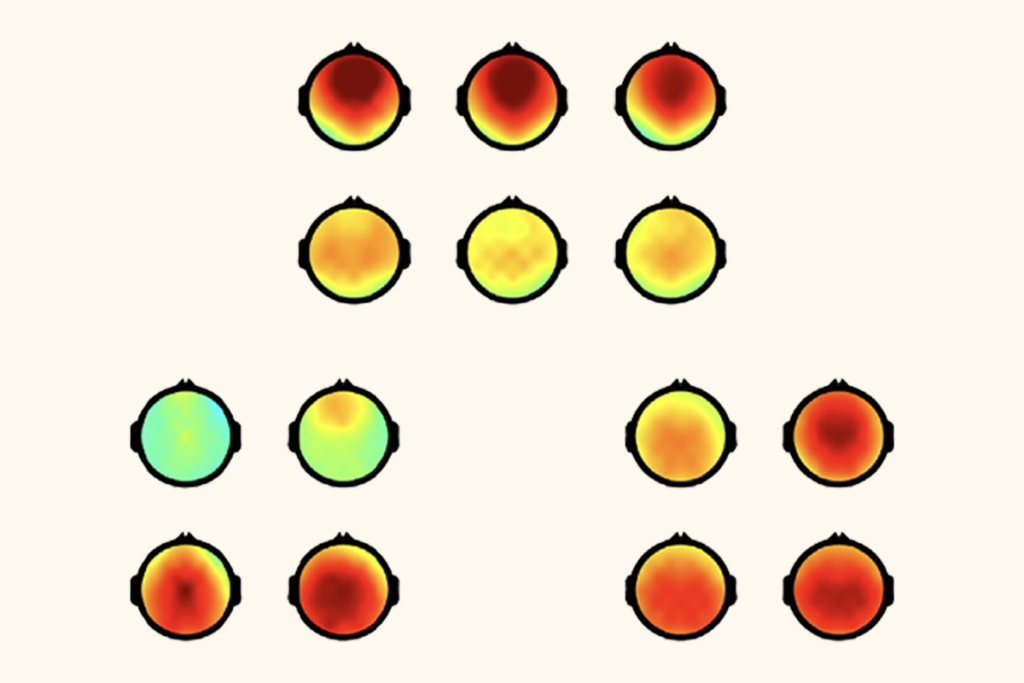
Null and Noteworthy: Learning theory validated 20 years later
The first published paper from the EEGManyLabs replication project nullifies a null result that had complicated a famous reinforcement learning theory.
Neuroscientist Gerry Fischbach, in his own words
In 2023, I had the privilege of sitting down with Gerry over the course of several days and listening as he told the story of his life and career—including stints as dean or director of such leading institutions as Columbia University and NINDS—so that we could record it for posterity.
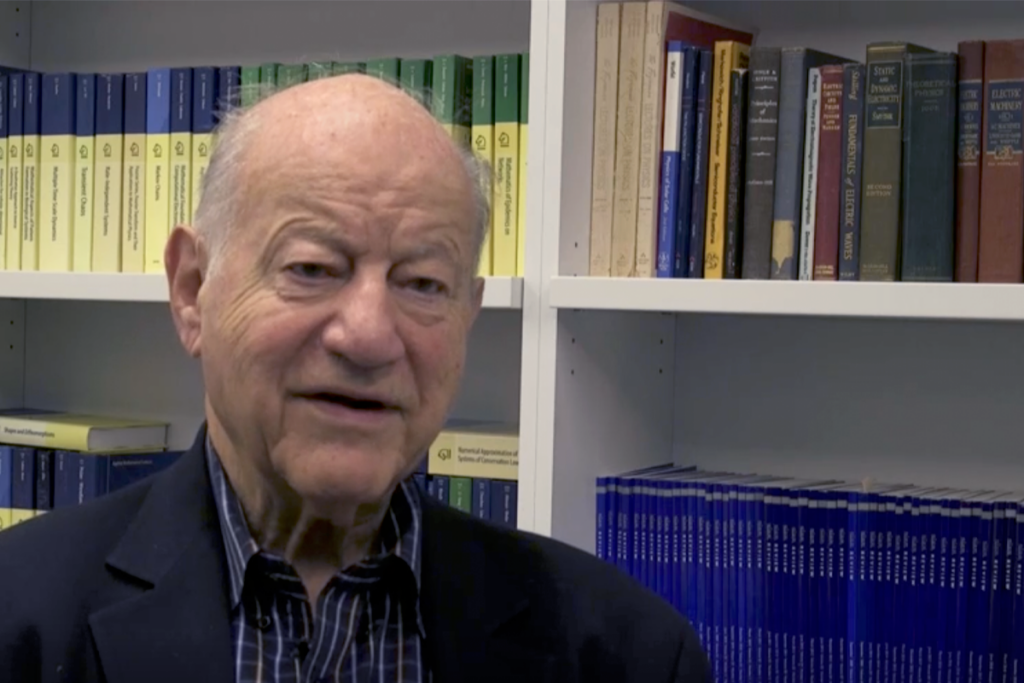
Neuroscientist Gerry Fischbach, in his own words
In 2023, I had the privilege of sitting down with Gerry over the course of several days and listening as he told the story of his life and career—including stints as dean or director of such leading institutions as Columbia University and NINDS—so that we could record it for posterity.
Amina Abubakar translates autism research and care for Kenya
First an educator and now an internationally recognized researcher, the Kenyan psychologist is changing autism science and services in sub-Saharan Africa.

Amina Abubakar translates autism research and care for Kenya
First an educator and now an internationally recognized researcher, the Kenyan psychologist is changing autism science and services in sub-Saharan Africa.